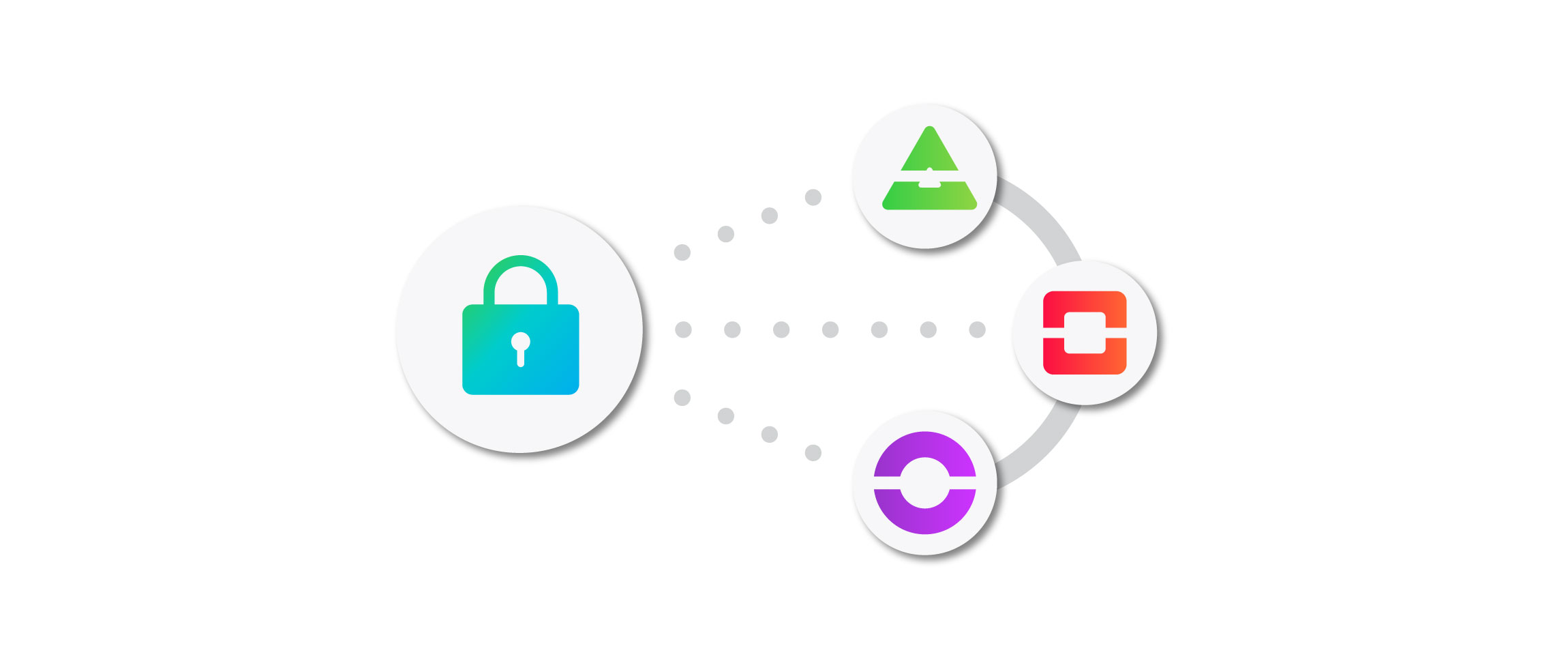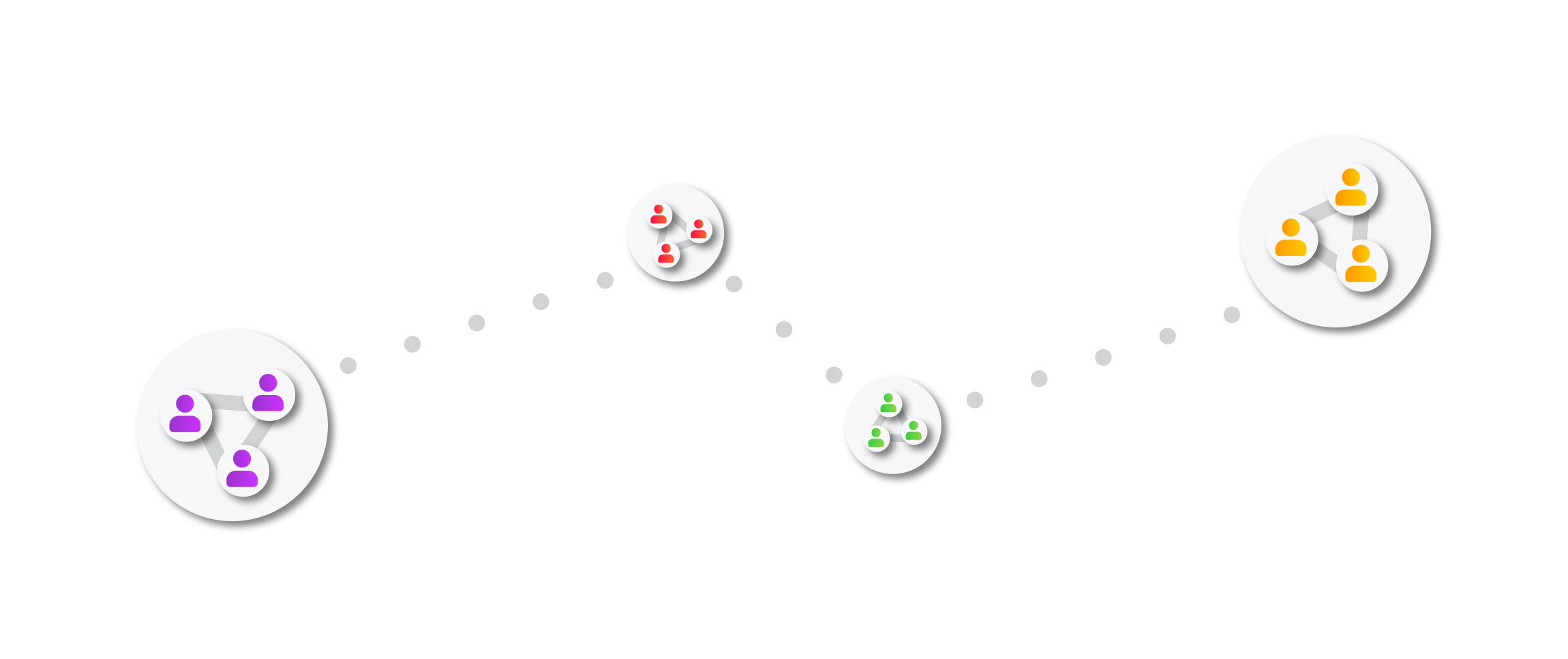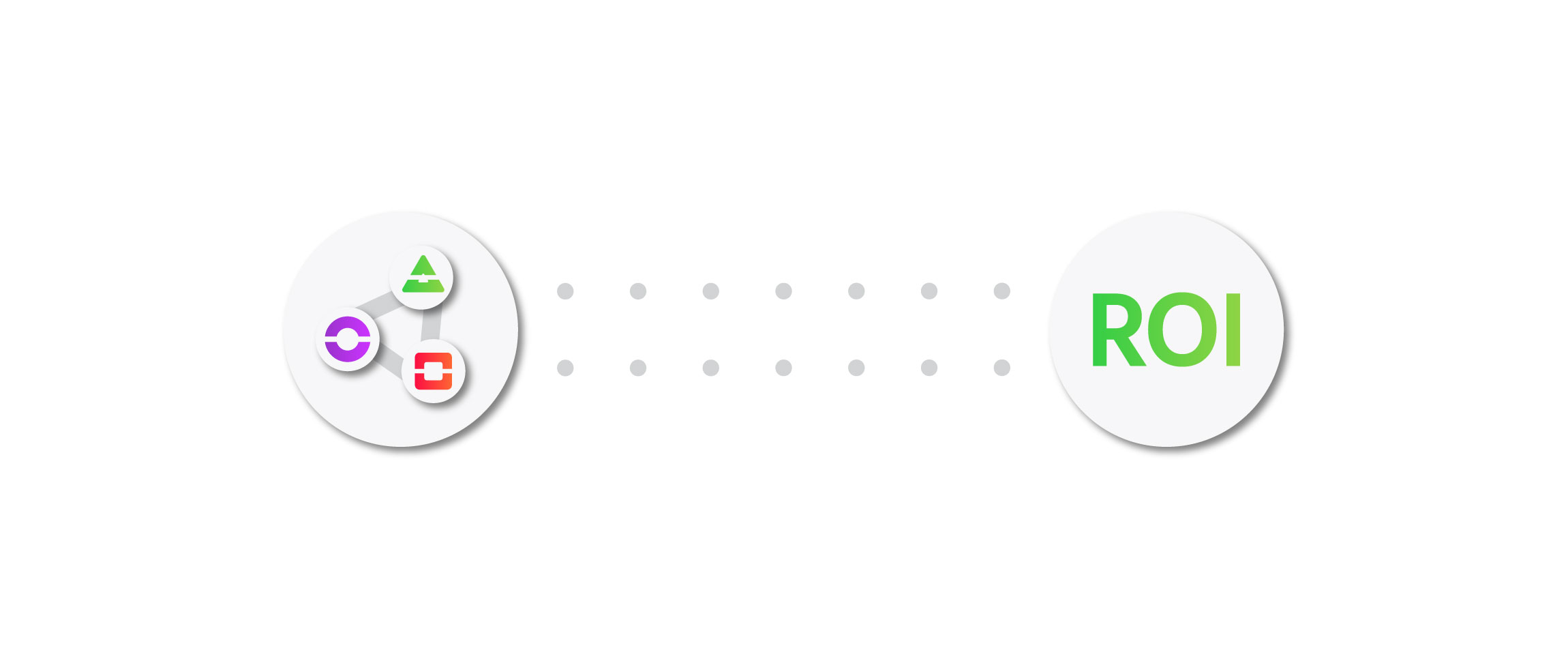The purpose of data governance is to ensure that data is consistently managed across an organization by aligning strategies and policies with organizational objectives. It helps ensure that employees understand their responsibilities and that the appropriate processes are in place for collecting, storing, using, and protecting data.
In this article, we’ll explore data governance core concepts and best practices as well as dive deeper into the benefits enterprises derive from a successfully implemented data governance strategy.
What Exactly Is Data Governance?
Data governance is the overall management of the availability, usability, integrity, and security of data used by a business. It ensures that data is accurate, reliable, consistent, secure, and accessible to meet operational and regulatory requirements.
Data governance helps avoid errors while improving decision-making capabilities when using data within an enterprise. It establishes standards for overseeing the quality of datasets and rules for capturing new information effectively and accurately.
It consists of policies related to creating or validating master data, cleaning up existing databases through standardization, defining roles within database architecture, providing controls to manage access points, establishing audit protocols, validating reports generated from analytics tools, designing security measures to protect confidential information from unauthorized viewers, and more.
What Does Data Governance Do for Enterprise Organizations?
Data governance provides the framework for enterprises to better manage their data assets by helping them identify which data is most important to their business. It ensures that valuable information is kept safe and secure in a compliant way by preventing incorrect use.
By managing these critical assets properly, organizations can get the most out of their collected data by ensuring it remains clean, reliable, and consistent across all departments. As such, it protects confidential customer or employee information while providing complete transparency on how the organization interacts with its data.
Data governance helps create an enterprise-wide sense of ownership when working with sensitive information. Each team member has a specific role in maintaining high-quality records, along with the associated procedures for using them correctly.
Greater accountability among individual team members ensures correct usage, thus reducing potential risk factors affecting the entire organization. Additionally, data governance uncovers powerful insights from richer interpretations of integrated datasets, which can help inform strategic decisions, improve customer experience, or launch new services more quickly and effectively.
Let’s dig deeper into each of these benefits:
Improved Data Quality
Data quality is a key component of data governance as it helps organizations achieve better results by enabling accurate decisions based on reliable data. By collecting, storing, and maintaining standards and processes, data governance ensures that all relevant pieces of data are available, complete, and consistent across different parts of an organization.
Data governance drives data consistency by providing guidelines on how to define sources of truth as well as store and identify trusted datasets. When multiple entries give different or inconsistent information, it can be difficult to make informed decisions. To accurately assess a business opportunity or action, consistency between all inputs is necessary.
Better Decision-Making
Directly related to the benefit above, the key to successful decision-making is often in the quality and accuracy of the data available. By gathering real-time data across the full tech stack (no matter how sprawling), organizations can establish a clear view of the facts before coming up with actionable plans. High-quality data also helps organizations avoid reliance on outdated sources or faulty assumptions.
With access to high-quality data, decision makers can identify patterns and trends in consumer behaviors that may be affecting their business model. For example, studying customer feedback can help leaders anticipate potential changes in the competitive landscape or ever-evolving customer needs. By understanding what motivates customers’ purchasing power, companies are better equipped to make well-informed decisions related to marketing campaigns, pricing strategies, and product offerings.
Data-driven decisions also enable organizations to accurately predict market conditions and stay ahead of their competitors. By leveraging predictive analytics and other advanced technologies, companies can plan more effectively in their respective industries. Accessible data make it easier for executives to understand emerging opportunities and threats when creating objectives and formulating strategies.
Regulatory Compliance
Data governance enables organizations to comply with regulations, such as the General Data Protection Regulation (GDPR) and Health Insurance Portability and Accountability Act (HIPAA), which have specific requirements when it comes to collecting, storing, protecting, and managing personal information.
For instance, GDPR requires companies to delete personal data upon request or when it is no longer needed for the purposes it has been collected for. Data governance provides organizations with the tools to ensure that the process of deleting personal information complies with these regulations by providing guidelines for such requests. Compliance teams, in turn, can use these policies and procedures to audit a company’s compliance status regularly.
With this in mind, having a reliable data governance policy throughout the organization helps them remain compliant even when their data input systems grows due to an increase in rising customer base or workforce. This consistency not only does it helps during audits or retrieve relevant records for investigations in case of complaints, but also it facilitates trust between customers and businesses.
Having a comprehensive data governance plan can go a long way toward making sure that organizations comply with many regulatory requirements while providing customers with peace of mind that their private data is secure at all times.
Increased Data Security
Data governance provides organizations with improved data security monitoring through rules and processes that control who has access to certain data and when. For example, a policy limiting the number of people who have direct access to an organization’s confidential information can be implemented. This will ensure that only authorized personnel have access to certain data.
By creating policies for data governance, organizations can also define when and how company-owned systems or networks should be accessed by external entities or outside vendors. Access rules may specify different levels of reviewing permissions for individuals outside the organization, such as customers or partners.
Data governance also assists organizations in complying with industry standards and government regulations regarding customer information privacy and security. Furthermore, it helps them meet security requirements related to collecting, storing, accessing, and disposing of customer information while mitigating threats posed by vulnerable technology infrastructure.
Improved Collaboration
Data governance enables a shared understanding of data within an organization. By providing structure to an organization’s information systems, it can create a platform where all members have the same understanding of the available data. This unified view enables decision makers to make better informed choices based on accurate knowledge they have access to.
By employing data governance principles such as common language, clear definitions, and standards and rules, all personnel can work with the same rationale in using the same set of tools for working with any type of data. This promotes seamlessness when working with teams from other departments as everyone understands the kind of analysis and accuracy needed when dealing with shared resources.
Data governance also helps provide context as each team’s understanding becomes crystallized through widely accepted reference sources. In essence, it helps secure future results based on past experiences by ensuring quality in the datasets used throughout an organization.
Increased Efficiency
Data governance aims to increase efficiency by assisting organizations in creating a clear structure of roles and responsibilities for data management. This helps avoid redundant effort and ensures that, whoever is handling the data, it is done correctly every time.
By allocating leadership roles to ensure proper execution and organization for data management processes, data governance opens up a wide range of possibilities for increased accuracy and precision when managing data.
In addition, a large part of achieving efficiency lies in properly using resources and ensuring the right people are performing tasks related to their skill set. Doing so eliminates incorrect use of time and money.
Data governance also mitigates risks associated with human error as it delegates roles with predetermined parameters and limitations — from data collection strategies down to user access control — preventing alterations or mismanagement that could affect outcomes adversely.
Another benefit of enforcing consistent standards throughout the organization is creating an environment where employees can be confident that their work is trusted and their contributions are valued, thus increasing overall morale in the organization.
With efficient systems in place for handling massive amounts of data daily without creating additional workloads, data governance solutions help an organization reach optimal levels of operations while avoiding any form of duplication within its ranks.
How Applying Strong Data Governance Practices Increases ROI
Good data governance practices can lead to an impressive return on investment (ROI) by ensuring accurate and consistent data. As detailed above, data quality, compliance, risk mitigation, customer trust, and operational efficiency are all benefits that companies get with strong data governance.
High-quality data is essential for making informed decisions, improving operational efficiency, and driving revenue. Meeting regulatory requirements means avoiding costly fines and legal actions, and reducing the risk of financial loss by enhancing data security protects an organization’s reputation. Demonstrating commitment to solid data privacy and protection measures builds trust with customers, leading to loyal customers who will ultimately support the bottom line.
By implementing data governance initiatives tailored to specific organizational needs and challenges, decision makers can capitalize on improved ROI in both the short term and long term across several business areas, such as cost reduction, revenue growth, risk management, customer engagement, compliance adherence, operational efficiency, competitive advantage, new products development, market access, and more. The consistent delivery of timely insights through quality datasets provides greater control over real-time operations and opportunities for innovation.
Such strategies enable organizations to not only drive efficiencies but also create better outcomes through ethical practices that open avenues for long-term sustainability, including successful implementations of disruptive technologies backed by secure infrastructure at within favorable timelines, thus reducing costs.
In addition to gaining internal returns for an organization, external benefits come with having robust data governance in place as well, including more accurate reporting for consumers and meeting user privacy requirements like GDPR or CCPA. Thus, having strong data governance provides tangible benefits both internally (improved operational efficiency and increased profitability) and externally (improved consumer trust and goodwill).
Final Thoughts for Implementing Data Governance in Your Enterprise
By managing these critical assets properly, organizations can get the most out of their collected data by ensuring it remains clean, reliable, and consistent across all departments. This helps protect confidential customer or employee information while providing complete transparency on how the organization interacts with its data.
Data governance creates an enterprise-wide sense of ownership when working with sensitive information. Each team member has a specific role in maintaining high-quality records, along with the associated procedures for using them correctly.
This ensures correct usage with greater accountability among individual team members, thus reducing potential risk factors affecting the entire organization. Additionally, data governance uncovers powerful insights from richer interpretation of integrated datasets, which can help make strategic decisions, improve customer experience, or launch new services more quickly and effectively.
Businesses should put policies in place to regularly review their data governance procedures to maintain compliance with industry regulations and evaluate any new challenges when managing their data assets. Regular reviews help identify areas where improvements could be made and provide staff members with an opportunity to stay up-to-date on the latest trends with regard to storing and handling critical business information securely.
Ultimately, implementing good data governance policies will not only make sure your sensitive business information remains secure but also show customers that you prioritize protecting their and your organization’s privacy. This allows you greater freedom operationally while achieving regulatory compliance more efficiently, which ultimately improves efficiency and reduces organizational risk.
Looking for Additional Guidance?
Data is what gets us out of bed in the morning here at Kizen. If you’re evaluating the benefits of data governance or wondering how to implement best practices in your organization, we’d love the opportunity to guide you in the right direction!
Get in touch with us through our website and we’ll make sure you have a clear, actionable path to implementing reliable data governance practices in your organization.











